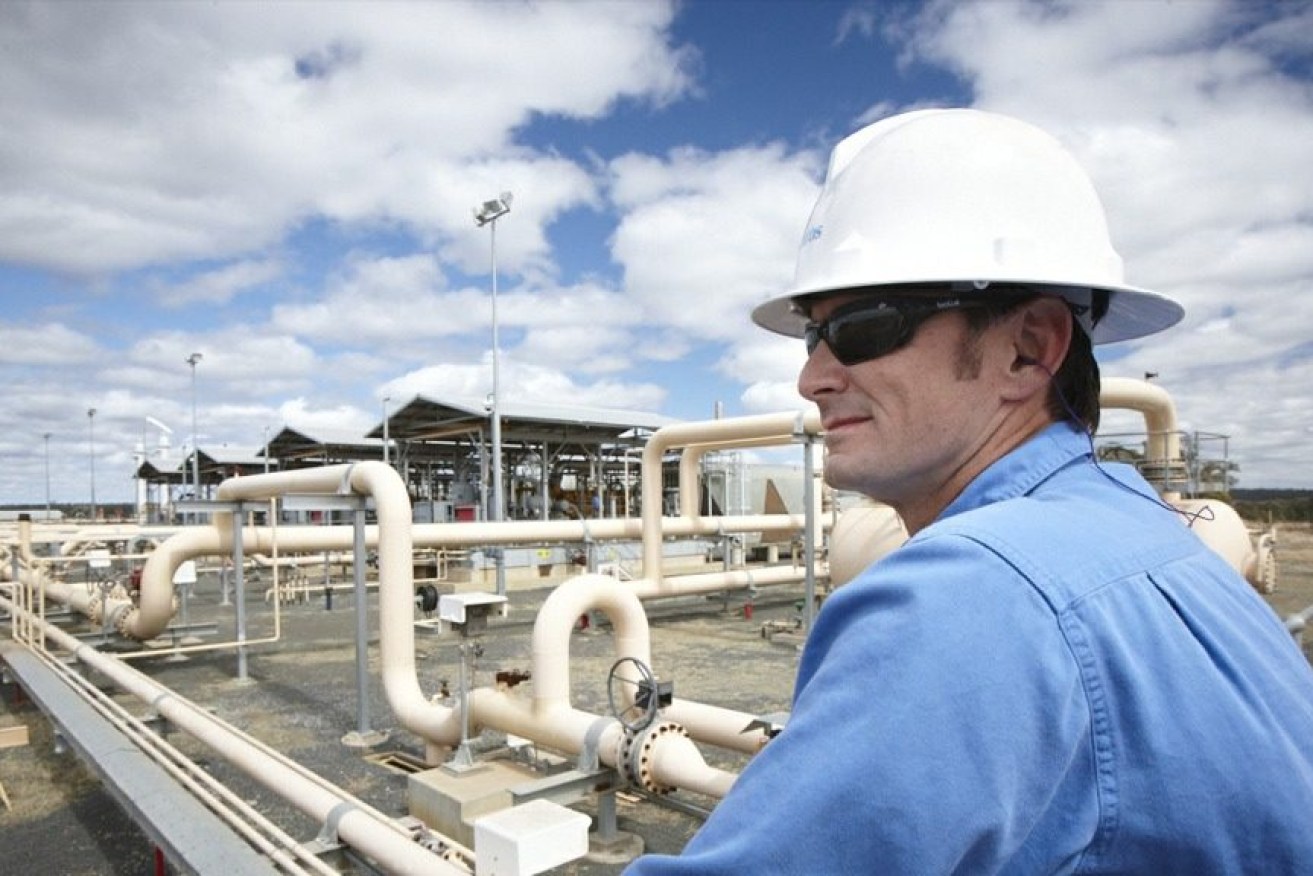Royalty changes fire up the mining sector, shape as key election issue
Global energy giant Shell has told a parliamentary committee that the Queensland Government was dramatically changing its royalties regime after it had been given an agreement before it committed $20 billion on its LNG project.


The LNG prices were tipped to plunge
The Government has introduced legislation to change the method of assessing royalties in the gas and mining sectors worth more than $4 billion a year to Treasury. Broad aspects of the legislation have been endorsed by business, but there are also concerns that it will force up costs and drive producers offshore or interstate.
The issue is also pitching the sector back into the election debate with the Queensland Resources Council backing an LNP plan to freeze coal royalties for 10 years. The Government has also yet to reach an agreement with Adani over its royalties on the controversial Carmichael coal mine in the Galilee Basin.
“The resources industry is not wanting to reduce what we already pay in terms of royalties, we just need the State Government to keep coal, metals and gas royalties at their current levels for the next decade,” QRC chief executive Ian Macfarlane said.
“We’re also asking for a more streamlined project assessment and approval process, to make sure projects progress in reasonable timeframes.”
The State Government has previously committed to a 3-year freeze on coal and metals, and a 5-year commitment on gas and pointed out that the Newman Government also promised a freeze in royalties, but imposed a hike before the freeze.
Professor Andrew Garnett from the University of Queensland’s Centre for Natural Gas also raised concerns and urged a delay so the Government can assess the impacts on the industry from COVID-19 before imposing the new rules.
“There are significant economic headwinds for the Australian gas sector which have yet to fully play out,” he said.
“In essence, moving away from (rather than improving) a rent-based system deserves fundamental reconsideration. Furthermore, even if this resulted in a similar outcome after taking the changed environment into account, the pause would allow risks to State revenues, investment and jobs to be better appreciated.
“We have had a serious dearth of long-range (exploration and appraisal) investment since 2015 and this needs to be enabled. We need to set an environment which encourages investment to avoid serious consequences for the medium and long-term gas outlook for prices and for Queensland jobs and revenues.”
State Gas told the parliamentary committee that the impact would increase the costs of early stage developments, raise the threshold for commerciality of projects and reduce the competitiveness of higher cost operations.
Shell QGC said it had sought and obtained an upfront agreement as to the appropriate calculation of gas royalties for LNG feedgas before committing to more than $20 billion of investments in the QGC LNG project in 2010.
“This change now comes around six years into a project that expects to operate for over 20 years,” Shell said in its submission.
Texas Tikalara Holdings, which operates in the Cooper Basin, said it was very concerned about the steps that are being advanced to raise state revenues that “will cause considerable damage to an industry that is important to the economic health of Queensland”.
“These proposed changes are having a discernable chilling effect on the availability of the capital needed to advance the development of Queensland’s petroleum resources which in turn has negative effects on the outcomes the Office of State Revenue and the Government generally, is trying to achieve.”
The company said if the Government proceeded to yet again change the royalty regime, we predict that non-obligatory capital expenditure dollars that would have otherwise been expended in Queensland will quietly get shifted to South Australia by those firms operating on both sides of the basin. These would include the largest firms with the biggest budgets.”












